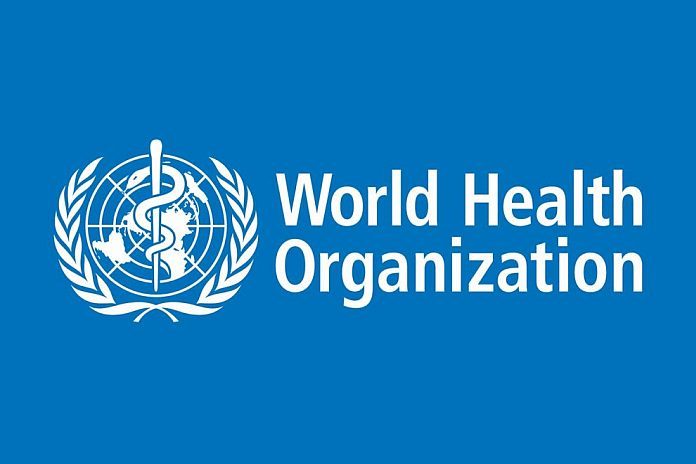SANA’A, Yemen – Ahead of tomorrow’s High-Level Pledging Event for the Humanitarian Crisis in Yemen, the World Health Organization (WHO) together with its Health Cluster partners in Yemen is appealing for US$ 392 million to reach 12.9 million people with essential health assistance in 2023.
“Yemen requires urgent and robust support from international donors and other partners to effectively avert the potential collapse of its health system,” said Dr Adham Abdel Moneim, WHO Representative in Yemen. “New funding to the amount of US$ 392 million is required by Yemen’s health sector to ensure that overstretched health facilities can continue providing even most basic services to 12.9 million of the most vulnerable people.”
In 2022, international funding pledges enabled WHO and 44 Health Cluster partners (including 4 other UN agencies, 39 international and local NGOs, and Yemen’s Ministry of Public Health and Population) to deliver medical equipment, supplies, training and other support to hospitals and health facilities that provided a wide range of vital and often lifesaving services to nearly 7.8 million Yemenis. Nevertheless, this level of funding fell far short of addressing identified and urgent health needs of some 12.6 million persons, effectively limiting assistance to only 7.8 million of them.
Increased funding urgently needed
To date in 2023, funds pledged to the WHO-led Health Cluster equals only 3.5 percent of the US$ 392 million required to provide even most basic services to the 12.9 million most vulnerable Yemenis targeted by this year’s United Nations Humanitarian Response Plan (HRP) for Yemen,” said Dr Adham Abdel Moneim. “They include up to 540 000 children under the age of 5 who are otherwise facing severe acute malnutrition, with direct risk of death.”
“Unless and until this massive funding gap is reversed, we will not be able to sustain our health emergency interventions in Yemen. We, therefore, call upon donors to continue to support our efforts to provide essential and lifesaving health services to the Yemeni people,” Dr Adham Abdel Moneim said.
Yemen requires continuing strong support from the international donor community to deliver a minimum health service package that prioritizes access to primary health care services by vulnerable population groups, especially in remote and conflict-affected districts of Yemen where these services are most needed.
This minimum service package entails health interventions and continuum of services prioritized at each level of care – from prevention and diagnosis to treatment and rehabilitation – in order to:
- Maintain even low levels of immunization coverage against recurring and fast-spreading outbreaks of communicable diseases, including COVID-19, measles, diphtheria and the vaccine-derived poliovirus type 2 (cVDPV2);
- Sustain and strengthen local capacities to detect, assess, and contain vector-borne and waterborne diseases, including malaria, dengue fever, and cholera;
- Ensure adequate nutrition surveillance and continuation of life-saving medical and nutrition care for Yemeni infants and children, especially those suffering from severe acute malnutrition with medical complications;
- Continue deliveries of essential fuel, oxygen, medicines, and water, sanitation and hygiene for services (WASH) for infection prevention and control to functioning/targeted health facilities country-wide; and
- Prevent the potential collapse of Yemen’s health system, which will otherwise be unable to reach some 39.5 percent of the population.
“Tomorrow’s high-level pledging event for the humanitarian crisis in Yemen comes at a crucial moment to show the world’s commitment to assisting millions of Yemenis who are in distress and suffering from diseases, malnutrition, and trauma,” Dr Adham Abdel Moneim added.
Underfunding of the Health Cluster in Yemen in 2023 (serving 4812 health facilities, 276 hospitals and specialized centres, 1199 health centres, and 3337 health units) will result in:
- Up to 1000 unsupported health facilities;
- 10 million persons, including 7.9 million children, without needed access to health services;
- 1.1 million children with acute malnutrition facing deteriorating health or death; and
- 2.9 million women of reproductive age lacking maternal, child, and reproductive services.






